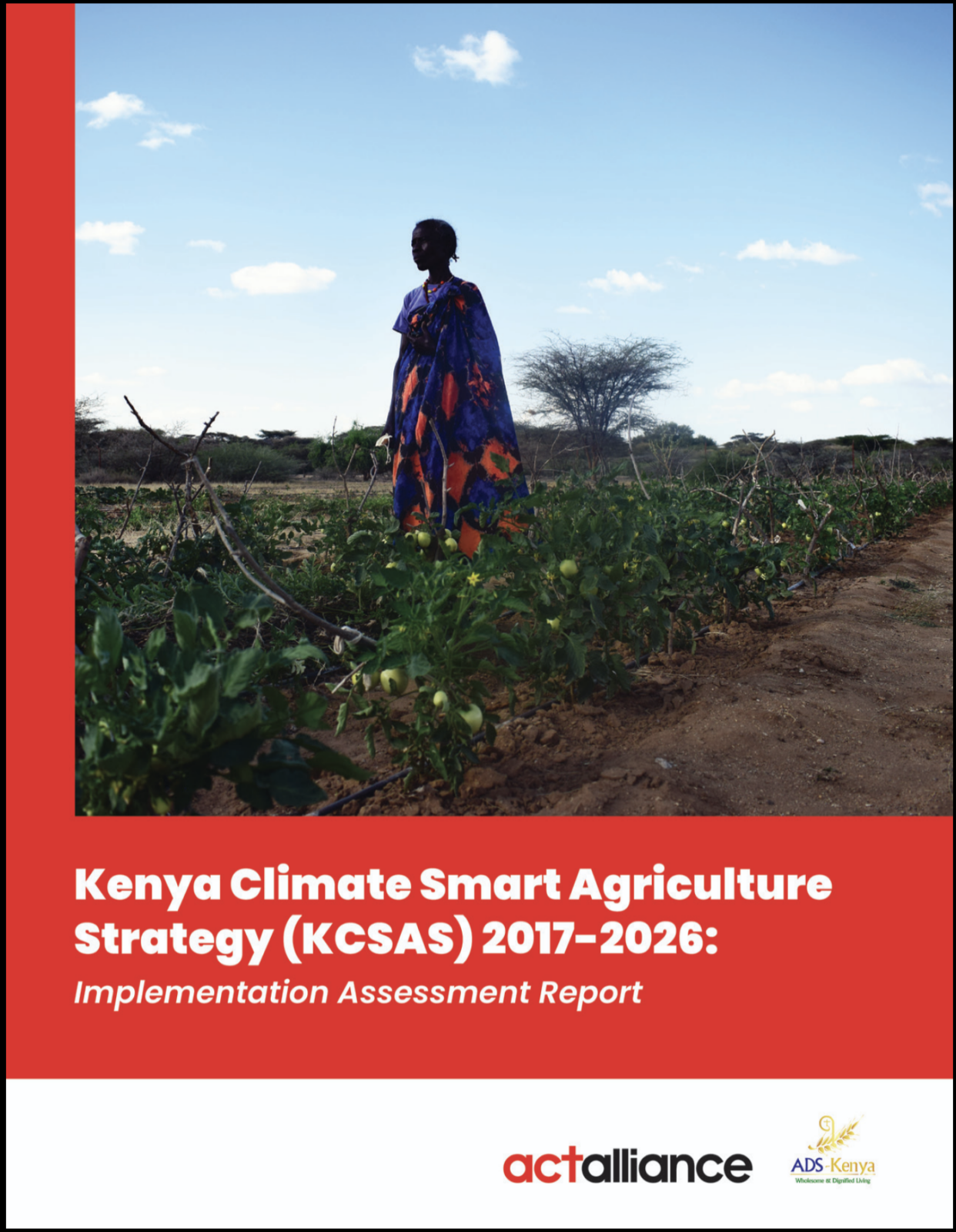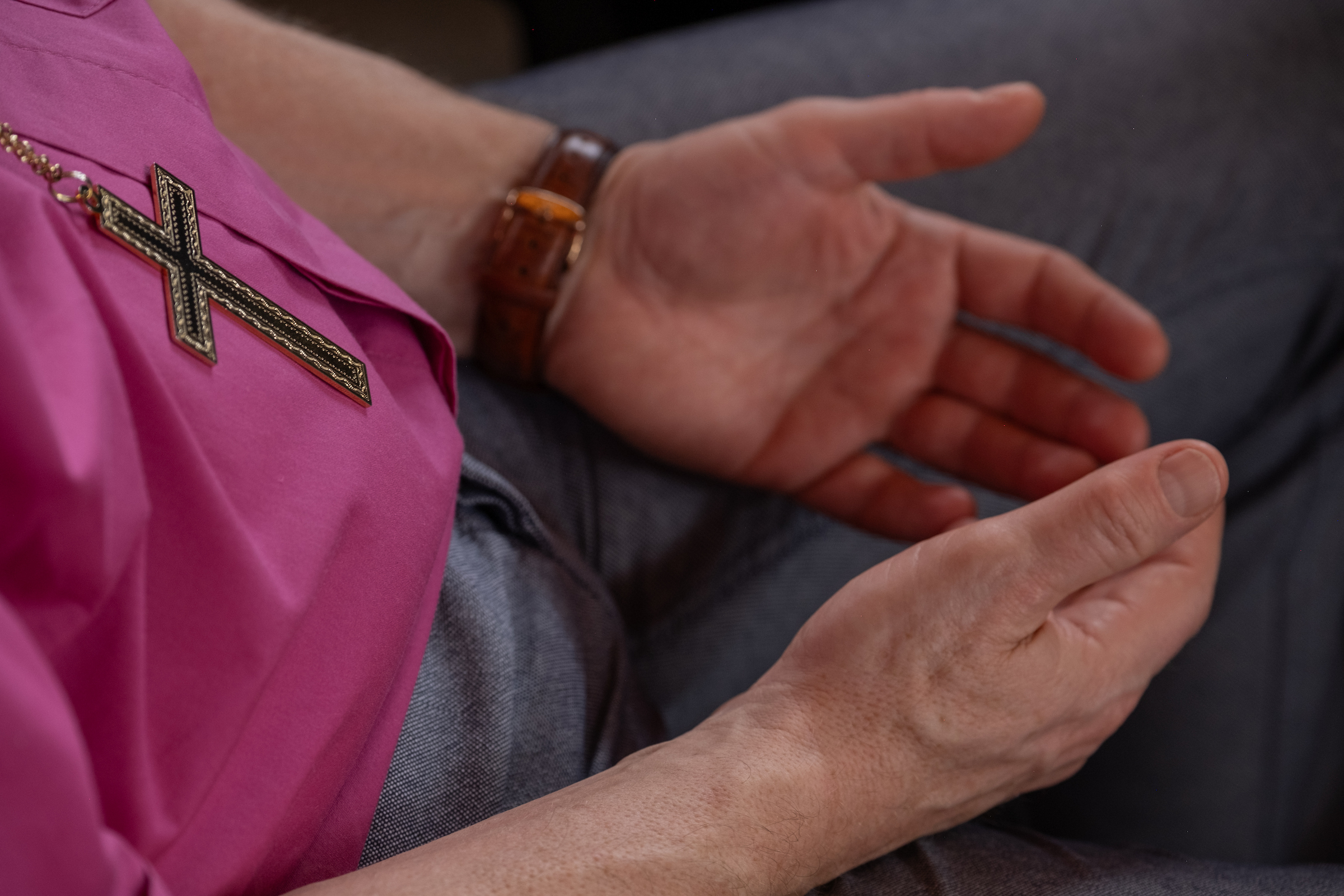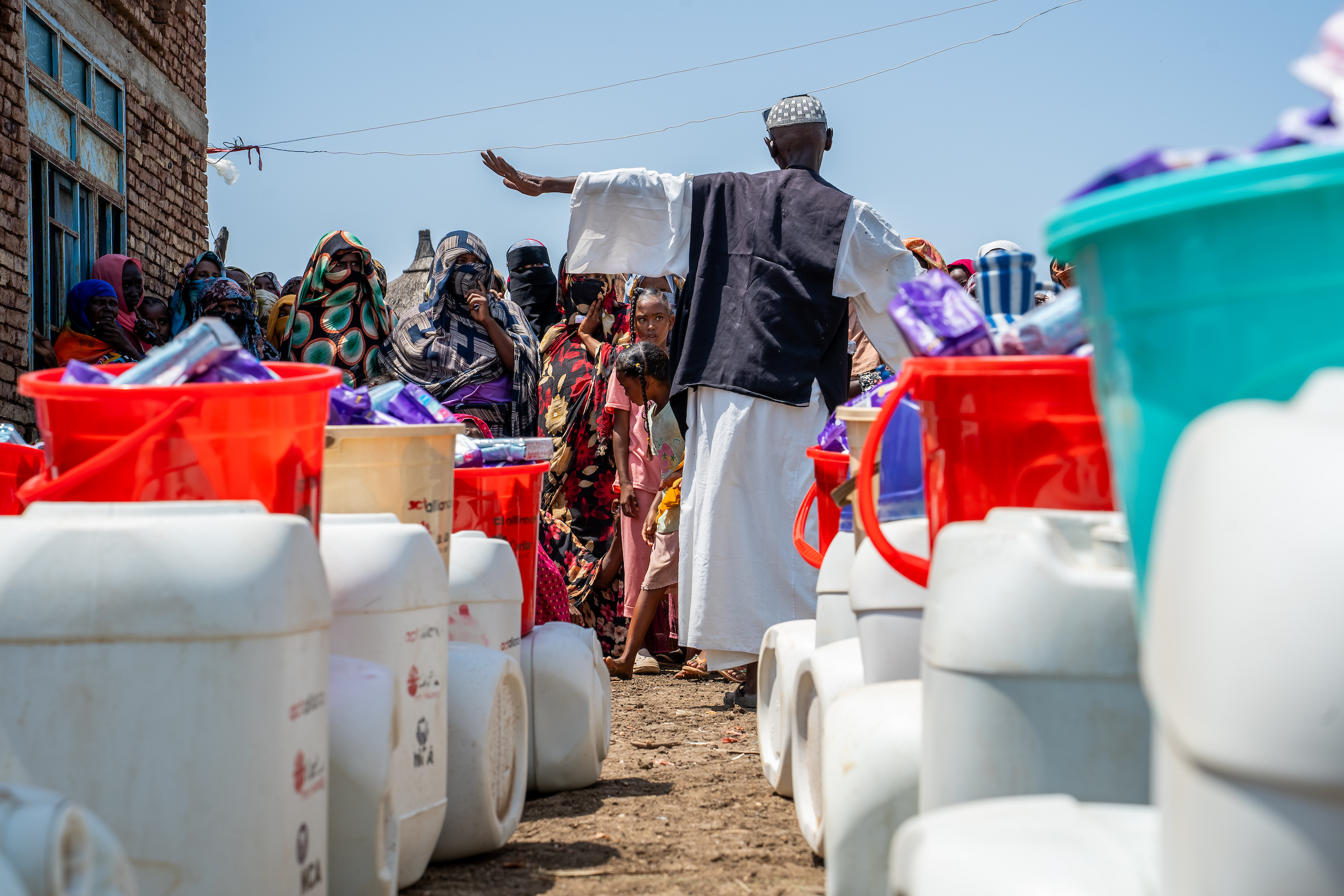Discussions have been in high gear at COP 30 with the Brazilian COP Presidency offering leadership on various fronts. It is not business as usual for the Presidency, as multilateralism is on yet another weighing scale. Deliberations in Belém are still being influenced by the outcomes of COP 29, in particular the new finance goal that fell short of what vulnerable nations require to address the climate crisis, and the bigger elephant in the room – the loud silence from the USA in the meeting rooms following their exit from the Paris Agreement this year.
The uncomfortable yet critical start
Like the technical session in June, SB 62, COP 30 had a surprising start with new issues for consideration creeping into the agenda. These are: the legal obligation of developed countries to provide finance (article 9.1 of the Paris Agreement), addressing unilateral trade measures, consideration of the Nationally Determined Contributions Synthesis Report, space to consider country level reports to on the implementation of the Paris Agreement (Biennial Transparency Reports), Health and Climate Change, and Special Needs and Priorities of Africa. The first four have become critical issues that could determine if COP 30 is a successful or failed COP 30. We all hope and pray that it is the former
“The concept of multilaterism is being tested through the challenge of delivering on the needs and priorities of developing vulnerable nations,” says Rudelmar Bueno de Faria, general secretary of ACT Alliance. “In an era characterized by geopolitical divergences, the fight against climate change cannot be mired in a struggle over country preferences. It must be about justice, equity, and international cooperation that avoids harm through punitive unilateral regulatory climate policy measures, and remains alive to the real and felt needs of vulnerable nations. It must keep warming below 1.5 degrees at all costs including building accountability mechanisms with necessary checks and balances.”
In an era characterized by geopolitical divergences, the fight against climate change cannot be mired in a struggle over country preferences. It must be about justice, equity, and international cooperation that avoids harm through punitive unilateral regulatory climate policy measures, and remains alive to the real and felt needs of vulnerable nationsRudelmar Bueno de Faria general secretary, ACT Alliance
Charting a course through risky waters
The Belem COP marks 10 years of the Paris Agreement. Such a commemoration deserves a celebration that both looks at past progress and charts future prosperity for all. It is only fair to restate scientific facts. Without the Paris Agreement, the world would be on a trajectory to warm by 3.6 degree Celsius by 2100. The agreement’s existence and the actions therein put us on a lower trajectory, to 2.6 degrees of warming. This is still not enough to maintain the 1.5 degree threshold, but the situation would have been much worse without Paris. The 10 years have been a long, hard slog.
“The price to pay for a just transition is high, but the cost of inaction is orders of magnitude higher – and those of us from the most vulnerable nations are already paying for it. A fair international cooperation to enable the transition is needed now more than ever,” says Patricia Mungcal from the National Council of Churches of the Philippines.
Graham Gordon of Christian Aid says, “Hosted in a climate vulnerable region of Amazonia, COP 30 must agree on a fossil fuel phase out and offer a clear roadmap on a just and fair transition.”
Strangely, discussions on fossil fuel phase out 10 years into the Paris Agreement are controversial, symbolizing the complexity of a world coupled in dirty production and consumption options. The public narrative on climate action– particularly in some developed countries– is worryingly shifting, limiting the level of emission reduction efforts.
“At COP 30, rich countries are increasingly becoming averse to discussing climate finance, which is the enabler of the transition, the catalyst for deepened work on nationally determined pathways towards 1.5 and resilience,” says Julius Mbatia of ACT Alliance. “Regrettably, the Just Transition Work Programme has had little to no progress, with developed countries only supporting learning and exchanges while developing countries continue to demand more concrete modalities that would support country transition actions.”
Adaptation is a priority for vulnerable nations. With the Global Goal on Adaptation targets agreed in COP 28, the indicator adoption process here in Belém unexpectedly stalled. There is always the good and the bad in any package. While this particular one consists of some indicators that will allow tracking of progress towards delivery of adaptation action, the downside is that some, particularly on finance, rewrite the responsibilities of rich countries to provide finance by demanding greater domestic mobilization from vulnerable countries and shifting finance provision responsibility from the public to the private sector, assuming that private capital can flow on its own in risky adaptation contexts.
Irene Anena from the ACT Uganda Forum says, “If all indicators are adopted as they are, vulnerable nations will be confirming the entrance of new finance concepts that force them to take more financial responsibility while they continue to suffer the most from a crisis they least contributed to.”
The price to pay for a just transition is high, but the cost of inaction is orders of magnitude higher – and those of us from the most vulnerable nations are already paying for it.Patricia Mungcal National Council of Churches of the Philippines
Three options to either adopt the indicators, not adopt but continue the discussions, or potentially adopt with some guardrails are still on the table.
Finance is at the centre stage of Belém’s success. Developing countries are calling for action on the legal responsibility of developed countries to provide and deliver finance in a context that seemingly features a move toward private mobilization, domestic resourcing and other alternative sources of finance.
“Vulnerable countries are not just seeking assurances, but action on already agreed upon responsibilities on rich countries that benefited from dirty and emission intensive development pathways. They are demanding justice,” says Illari Aragon from Christian Aid.
Finance is a lifeline and critical enabler for implementation. Push back by rich nations on any finance language across other streams has dominated COP 30 discussions. Inclusion of finance to implement the new Gender Action Plan has seen final agreement and adoption of the GAP stymied. Similarly, finance to support loss and damage stalled the review of the Warsaw Implementation Mechanism, the mechanism for loss and damage.
“It is encouraging to see so many governments reaffirm their strong commitment to gender equality and human rights as essential pillars for meaningful, effective, and inclusive climate action,” says Margareta Koltai from Act Church of Sweden.
“We hope this commitment will be matched by clear political will and solidarity among all parties. The proposed Gender Action Plan reflects a broad consultative process, and we deeply appreciate the open invitation and active involvement of youth, women, Indigenous Peoples, and other relevant groups in shaping actionable, gender-responsive climate measures.”
For ACT Alliance, gender equality is not optional, it is fundamental to fair and just climate action. We therefore urge parties to ensure that the plan is backed by adequate means and resources so that it can be translated into concrete actions.
Finally, we call on all parties to respect the significant work invested in this plan and to safeguard its integrity, ensuring that the progress achieved is not undermined.
The proposed Gender Action Plan reflects a broad consultative process, and we deeply appreciate the open invitation and active involvement of youth, women, Indigenous Peoples, and other relevant groups in shaping actionable, gender-responsive climate measures.Margareta Koltai Act Church of Sweden
Sostina Takure, from the ACT Zimbabwe Forum, says, “We applaud the active operalisation of the FRLD which will see countries applying for and receiving financial support, though the pledges into the fund still remain insignificant compared to the scale of need. The convergence among the Parties on the need for a loss and damage report is a positive step that will help keep track, but Parties need to ensure that new, additional and scalable financing language on loss and damage is strengthened at this COP.”
Amidst the heavily political final week of COP 30, faith groups will continue to cooperate in their demand for climate justice, as we pursue countries and the COP 30 Presidency to deliver an outcome that protects people and the planet.
“As climate finance obligations are challenged, adaptation efforts stall, and pathways to limiting global warming to 1.5°C fall off track, which risks exacerbating existing inequalities,” says Elena Cedillo of the Lutheran World Federation. “Faith voices are essential to call the parties back to justice and shared responsibility. At COP30, our role is to hold parties to their promises, challenge harmful narratives and false solutions, and champion cooperation over division, because the climate crisis demands moral leadership, not silence.”
The stakes are high and strong positive outcomes demonstrating a common resolve to drive climate action globally are needed.
“Ministers have a heavy agenda for the coming week. However, it is also an important agenda, as the outcome will influence the future of people and communities around the world. I hope we will see an ambitious outcome, addressing the the mitigaton gap, adaptation and loss and damage, as well as climate finance. There is no more time for delays!” says Mattias Söderberg of DanChurchAid
Faith voices are essential to call the parties back to justice and shared responsibility. At COP30, our role is to hold parties to their promises, challenge harmful narratives and false solutions, and champion cooperation over division, because the climate crisis demands moral leadership, not silence.Elena Cedillo Lutheran World Federation
Media contacts:
Simon Chambers simon.chambers@actalliance.org
Head of Communications, ACT Alliance
Keziah Kariuki keziah.kariuki@actalliance.org
Senior Global Communications Officer- Climate Justice, ACT Alliance





